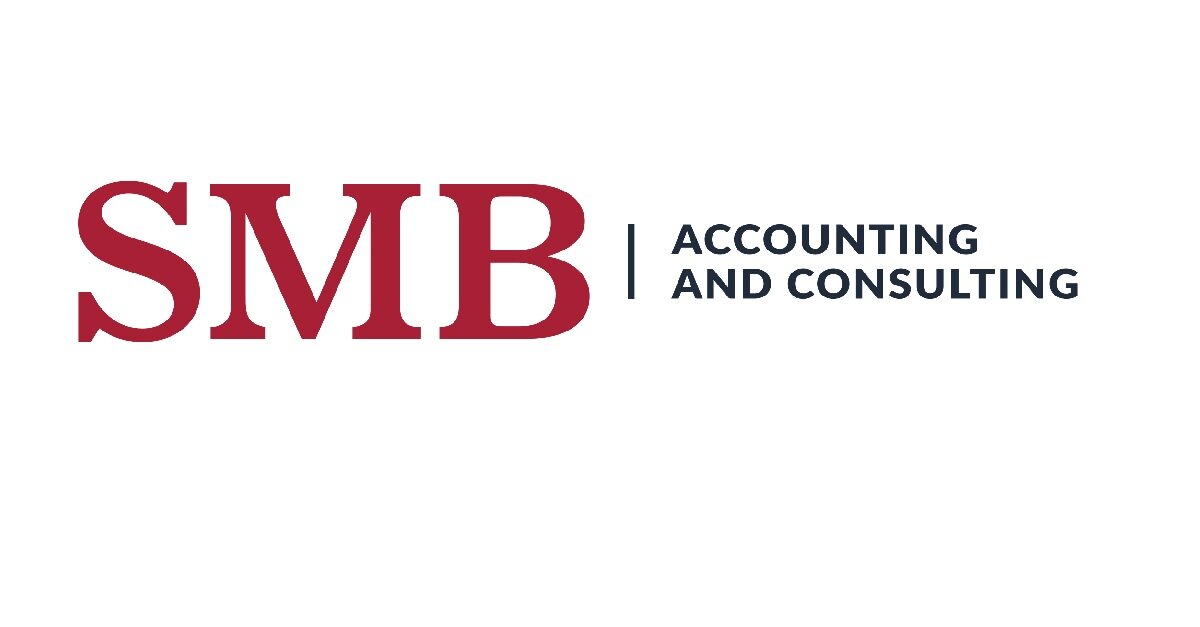Choosing the Right Accounting Software
Beyond the mere transition in dates, New Year's marks a universal opportunity for change. It can serve as a catalyst for reflection, inspiring individuals to set resolutions, for themselves and their businesses. The beginning of a new year also means a fresh start for your Income Statement; which is why now is the perfect time to review your accounting software needs.
Accounting may be complicated and time-consuming, especially with spreadsheets. That's why most firms use invoicing and accounting software.
Accounting software can automate and handle various tasks like generating bills, tracking cash flow, and processing payments.
They improve efficiency, security, and data access. Additionally, bookkeeping is simplified with accounting software. Simply enter your business transactions, and the software calculates the total.
However, choosing accounting software can be difficult.
Key considerations when choosing your accounting software
Businesses of all sizes must choose the correct accounting software. It's about finding a solution that meets your needs and goals, not just choosing between digital and traditional bookkeeping. Here are the essential factors to consider while making a selection.
Business Size and Complexity
Accounting software varies by business size and complexity. Small firms may need a simple, affordable solution, while larger companies may need comprehensive software for complicated financial activities and reporting.
Scalability
Your software should expand with your business. It should handle rising transaction volumes, multiple users, and growing financial reporting needs without major disruptions or costly updates.
Ease of Use
An intuitive interface should make the software easy for a business owner to understand, even with no prior accounting experience. Find dashboards and tutorials that are user-friendly.
Integration
Ask if the software works well with your business's e-commerce, CRM, and payroll systems. Integration streamlines data transport and can ensure accurate reconciliations between software systems.
Compliance and Security
Make sure the software follows any government regulations and protects sensitive financial data. Consider the types of contracts your company is typically awarded. Are your fiancials required to be DCAA compliant? What level of CMMC are you required to follow? Does it need to have a FedRAMP designation? You can always check with your accountant about their recommendations if you’re unsure about what your company needs.
Cost
Know the subscription, user, and hidden fees. To ensure value, weigh the software's features and benefits against its price.
Customer Support
Adequate customer support is crucial. Choose software with responsive phone, email, chat, or support portals.
Customization
Your demands may require customization. Check if the program lets you customize reports, templates, and workflows.

